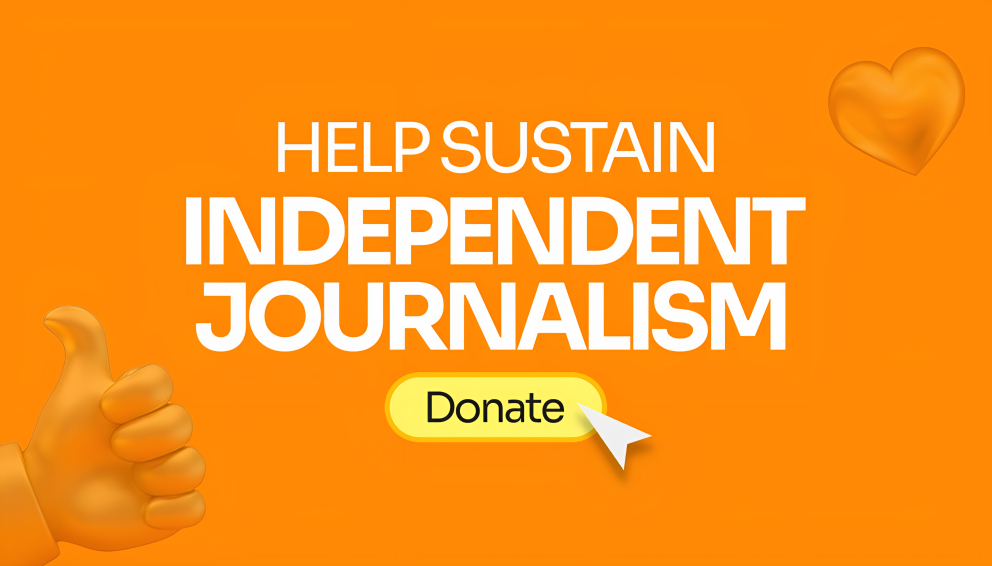In Owerri, Imo State, the unrelenting surge in fuel prices—now hitting N1,200 per liter in many local filling stations—has led to an unexpected shift: residents are abandoning their private vehicles in droves and switching to public transportation
INNONEWS observed a significant drop in private vehicle use across the State capital
Civil servants, business owners, and traders are among those most affected, with many now struggling to absorb the rising fuel costs.
The impact of this feul price hike on daily commuters is striking.
Emeka Okafor, a civil servant who works at the State Secretariat along Owerri-Port Harcourt Road, said he had to drastically reduce using his Toyota Camry to get to work.
“For the past two weeks, I’ve stopped using my vehicle.
“A liter of fuel costs N1,200. Even when I buy N10,000 worth of fuel, it doesn’t last more than three days, depending on my movements. How much is my salary? This is why I’ve chosen to leave my vehicle at home and take public transport instead,” he explained.
Okafor’s situation mirrors that of countless residents across the city, many of whom have made the same choice to ease the growing financial burden.
Business owners and traders, especially, are feeling the squeeze as their profit margins shrink under the weight of fuel expenses for their vehicles and businesses
Celestine Ibe, a trader at Relief Market, Owerri, revealed how fuel costs have impacted his business decisions.
“Half of my income was going toward buying fuel. I spent over N100,000 each month on fuel for my Highlander vehicle, and it was draining my income, so I had no choice but to park it,” he said.
This newspaper observed a noticeable reduction in the number of private vehicles on major roads such as Douglas, Orji, and Egbu, where daily traffic jams used to be the norm.
Now, the city’s roads are notably less congested, because of fewer vehicles on the road.
Public transportation services, meanwhile, have seen a rise in demand, with taxis and buses filling the gap left by private car owners.
An Owerri based Public policy analyst, Nnamdi Ekeanyanwu urged the Imo State government to intervene, calling for discussions with petroleum distributors and marketers in the State to help alleviate the situation.
“In other states, governments engage with distributors to moderate fuel prices. But in Imo, prices have stubbornly stayed at N1,200 even before the Nigerian National Petroleum Company Limited (NNPCL) raised prices of the product months ago,” Ekeanyanwu said.
As fuel prices continue to soar, the city may face an even deeper reliance on public transport in the coming weeks.

